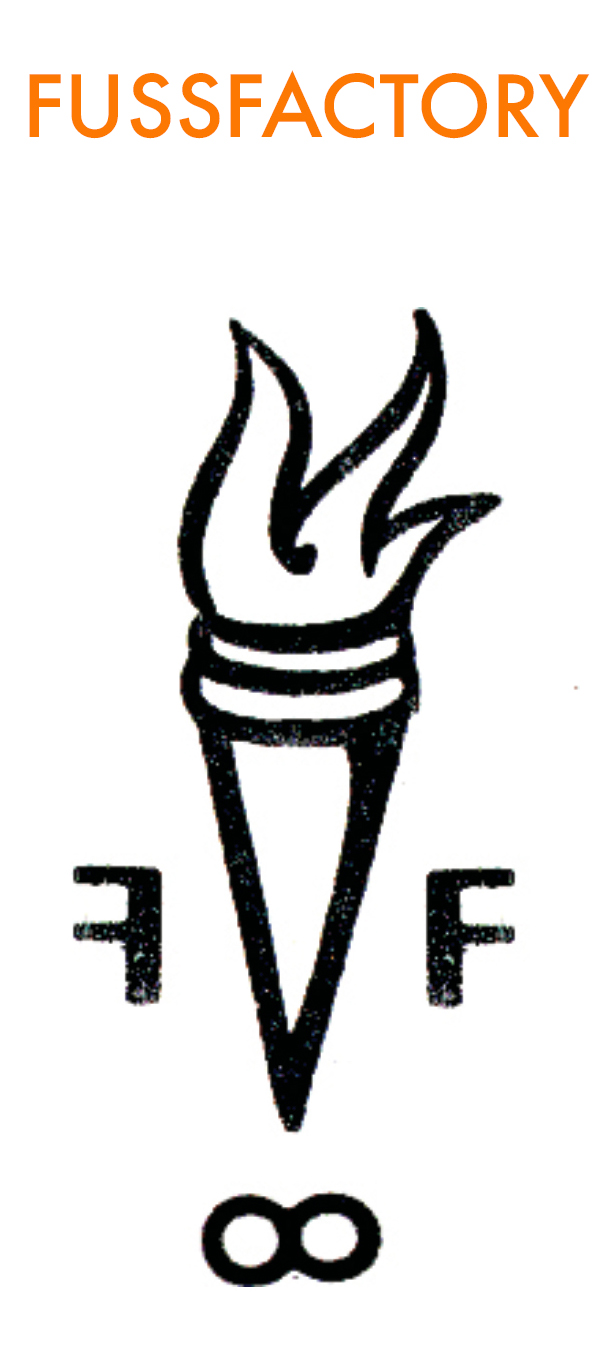#sparkchamber 060517 Mark Ainley
What a delight to have Mark Ainley as our guest in the #sparkchamber today! Mark works as a contemporary feng shui consultant; classical music critic, writer, and lecturer; and electronica DJ and producer. His classical music background, quarter century as a teacher, and trainings in various multi-disciplinary fields have given him a broad perspective of human nature and the creative process. He teaches and consults with a spiritual perspective fused with grounded common sense.
Check out his websites: markainley.com, thepianofiles.com, and senseofspace.com, as well as his Instagram at instagram.com/sense_of_space/
1.] Where do ideas come from?
I think that every possibility exists somewhere in consciousness, and that who we are, where we are, what we are intending to do — and also what is itself wanting to be created through us — all 'conspire' to bring ideas into our consciousness so they can come into our experience and into form in some way. I'm not sure that ideas are 'original' in the way that we often use that term, but I think that the way that a person frames them, communicates them, expresses them can be unique.
2.] What is the itch you are scratching
I think we all strive for balance, and that life is a dance between the inside and outside worlds (which are, as Alan Watts said, pretending to be different things while in fact being the same thing). When creating, I think there is a drive to bring what is inside into the external visible (or perhaps 'tangible' is a better word) realm so that it can be made real and accessible, not just to ourselves but to others. There is an intimacy and sharing that is key to the creative process — I think everyone wants to share and we all want validation and appreciation for what we observe, think, feel, and believe (we're seeing the consequences of this in the political divide currently playing out — people want to have their beliefs validated, whether they are true or not) — and the creative process is part of that itch to be accepted and appreciated by others, and in the process by ourselves, too ... but if that becomes a primary intent, it colours the integrity of what we are creating. The desire to see the finished product, to express authentically, to see thought and vision come into form is what must be front and centre.
3.] Early bird or night owl, tortoise or hare?
I'm both an early bird and a night owl — not always the best combination ... but I don't take either to extremes. Sometimes I wake up and have my best ideas and flow first thing in the morning, while at other times, it's getting things done throughout the day that opens up the portals to accessing my creative process with more fluidity.
As for tortoise or hare — while I've often operated as a hare, I'm definitely a tortoise. As much as we aim to complete things quickly and get them done, many things do take time. It doesn't mean we shouldn't act with urgency, swiftness, and directness — but as I teach in Feng Shui, the rivers with the most flow take meandering turns, yet these happen from taking the path of least resistance and going straight ahead until an 'obstacle' provides a rerouting opportunity that helps forge a path that can be navigated. In our age of instant access to information, where we can get what we want in a matter of seconds, anything that takes time seems to be less valued. But things in the physical world *do* take time ... the food we eat doesn't grow instantly, the movies we watch have thousands of people on staff working countless hours, the accomplished (key word) actors, musicians, and writers we admire took time to craft their art and produce what we revere.
4.] How do you know when you are done?
Are we ever done? I think that a lot of the time things are 'done' because they're due (for a deadline) or because something else calls to be created. But at times there is a 'click' and it feels that what is there is final (for now, at least). I've often looked back at what I've written or otherwise produced and seen what else could have been done, what could have been refined, and if we have the luxury of time that can be fine, yet if we are always tweaking and adjusting to make it 'perfect,' things will never be completed. Eventually we have to say that things are done so they can be available for others to appreciate. The quest for perfection can be a real hindrance to getting things done — it's a delicate balance between refining what is coming through us and leaving 'well enough' alone — and yet refinement and chipping away at things can be an essential ingredient of the creative process.
I think that there is a myth that we should always be able to create like Mozart is said to have done (which was certainly not always the case), being able to spontaneously produce perfection without needing to review it ... and yet creativity happens in many different ways depending on what it is we are creating and who we are. I've written articles that people said read so fluidly and easily, yet at times I was having a very difficult time reviewing the phrasing and rewriting and tweaking it over and over again. Apparently when Maurice Ravel was rehearsing his Piano Concerto with Marguerite Long, for whom he had written it, she said 'The second movement flows so easily' to which he yelled 'I suffered and was tortured writing every single bar!' But in the final product, the process a creator goes through will not always be tangible ... but that's part of the sacrifice a creator makes in order to do what they do.


